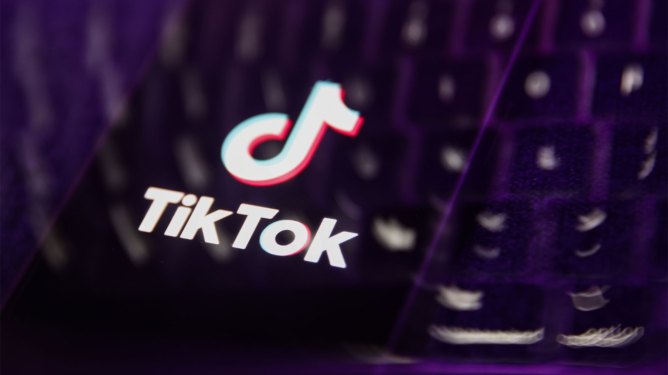In a recent development that has significant implications for the global cybersecurity landscape, Paragon, an Israeli-based spyware maker, was acquired last week by AE Industrial Partners, an American private equity giant. According to reports from Israeli news outlets, the investment firm purchased Paragon for $500 million, with the possibility of the deal reaching $900 million depending on the company’s growth.
Background on Paragon
Paragon has largely kept a low profile in recent years, but its existence was first revealed by Forbes in 2021. The magazine reported that the company was founded by a group of former Israeli intelligence officers, including Ehud Schneorson, a former commander of Unit 8200, a renowned Israeli spy agency whose alumni often go on to work in the cybersecurity private sector.
The Acquisition Deal
Tech news website Calcalist reported that AE Industrial Partners bought Paragon for $500 million, with 20% of the upfront payment going to Paragon’s 400 employees and 30% going to the company’s five co-founders. The remaining 50% will be allocated to U.S. venture capital fund Battery Ventures and Israeli venture capital fund Red Dot.
Details of the Deal
Globes reported that the upfront payment is $450 million, with Paragon’s employees set to receive 20% of this amount as a sign-on bonus. The co-founders will also receive 30% of the upfront payment, while Battery Ventures and Red Dot will split the remaining 50%.
Paragon’s Spyware Product
Forbes reported in 2021 that Paragon offered services to hack phones, allowing access to apps on a target’s device, including WhatsApp, Signal, Facebook Messenger, and Gmail. The company’s spyware product, called Graphite, has been likened to Pegasus, made by NSO Group, and other similar products.
Government Contracts
In October, Wired reported that U.S. Immigration and Customs Enforcement (ICE) had signed a one-year contract worth $2 million with Paragon to acquire a "fully configured proprietary solution," which included licenses, hardware, warranties, maintenance, and training. Last month, The New York Times cited a Paragon source who said that the ICE deal came after a vetting process in which Paragon reportedly demonstrated that it had controls in place to prevent customers in other countries from hacking U.S. residents.
Comparison with NSO Group
This has been an ongoing issue with NSO Group, which has been accused of providing tools to countries that then targeted American citizens, including U.S. Embassy employees. As a result, the U.S. Department of Commerce put NSO Group on an economic blocklist in 2021, effectively banning U.S. companies from trading with the company.
Acquisition by AE Industrial Partners
By acquiring Paragon, AE Industrial follows the example of other Western investment firms that have invested in Israeli spyware makers. This acquisition has significant implications for the global cybersecurity landscape and raises questions about the ethics of investing in companies that provide tools to governments for surveillance and hacking purposes.
Related Developments
In related news, Microsoft has accused a group of developing a tool to abuse its AI service in a new lawsuit. The company claims that the group is using its technology to generate fake videos and audio recordings to deceive people online.
Conclusion
The acquisition of Paragon by AE Industrial Partners marks a significant development in the global cybersecurity landscape. As the world becomes increasingly dependent on technology, the need for robust cybersecurity measures has never been more pressing. The ethics of investing in companies that provide tools for surveillance and hacking purposes raises important questions about accountability and responsibility.
Recommendations
- Regulatory Frameworks: Governments should establish regulatory frameworks to govern the development and use of spyware technology.
- Transparency: Companies involved in the development and sale of spyware should be transparent about their practices and ensure that their products are not used for malicious purposes.
- Investor Accountability: Investors should hold companies accountable for any misuse of their products and technologies.
By taking these steps, we can work towards creating a safer and more secure online environment for everyone.




